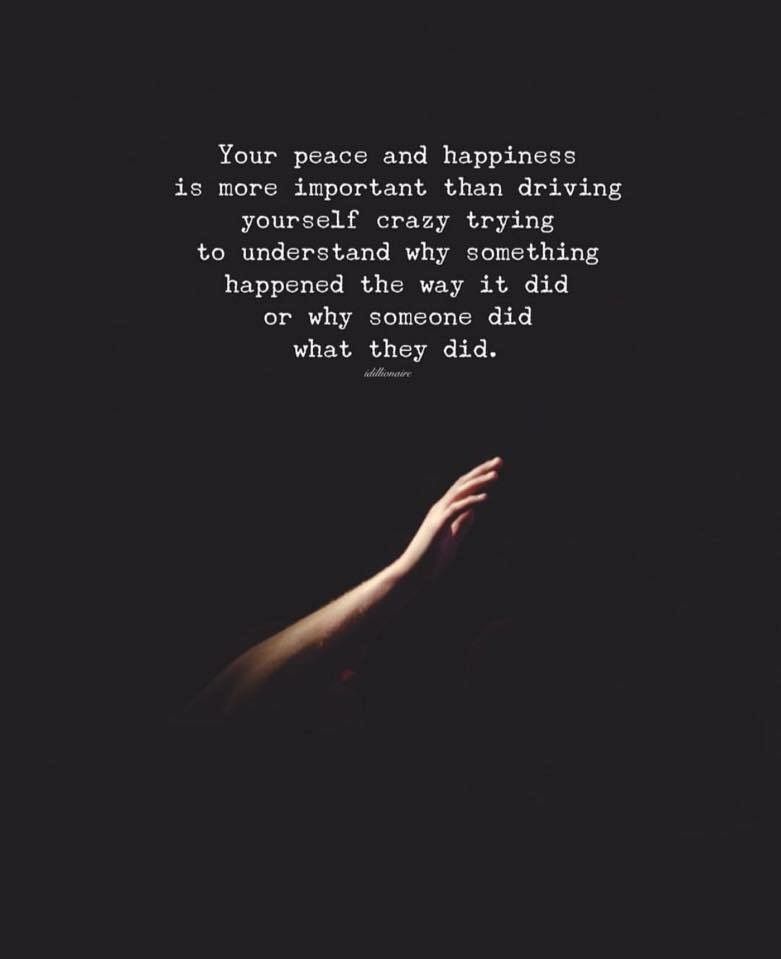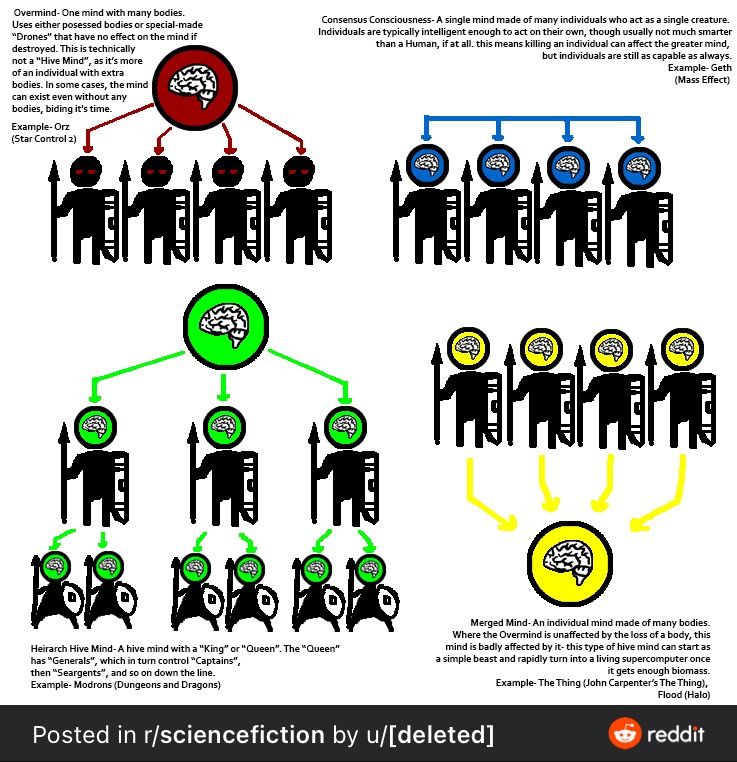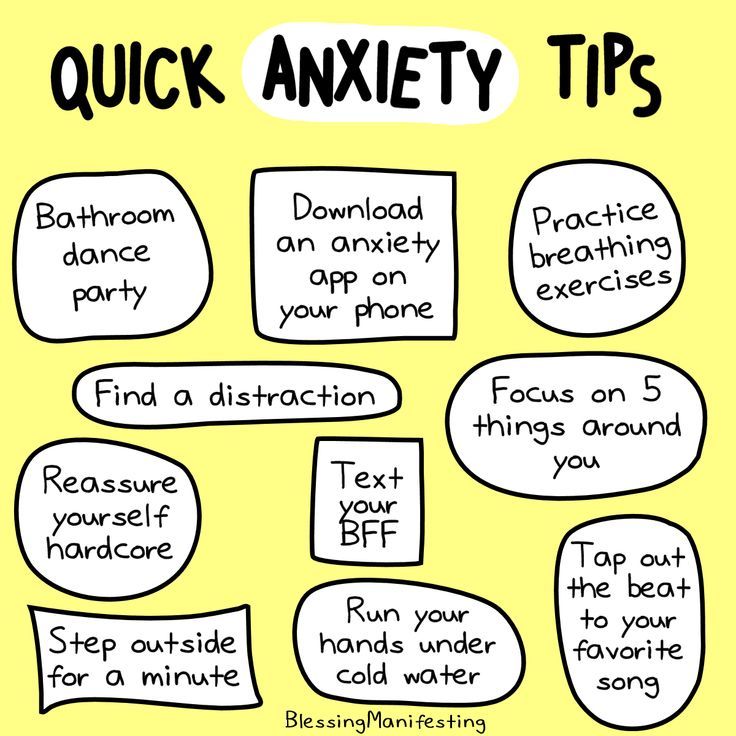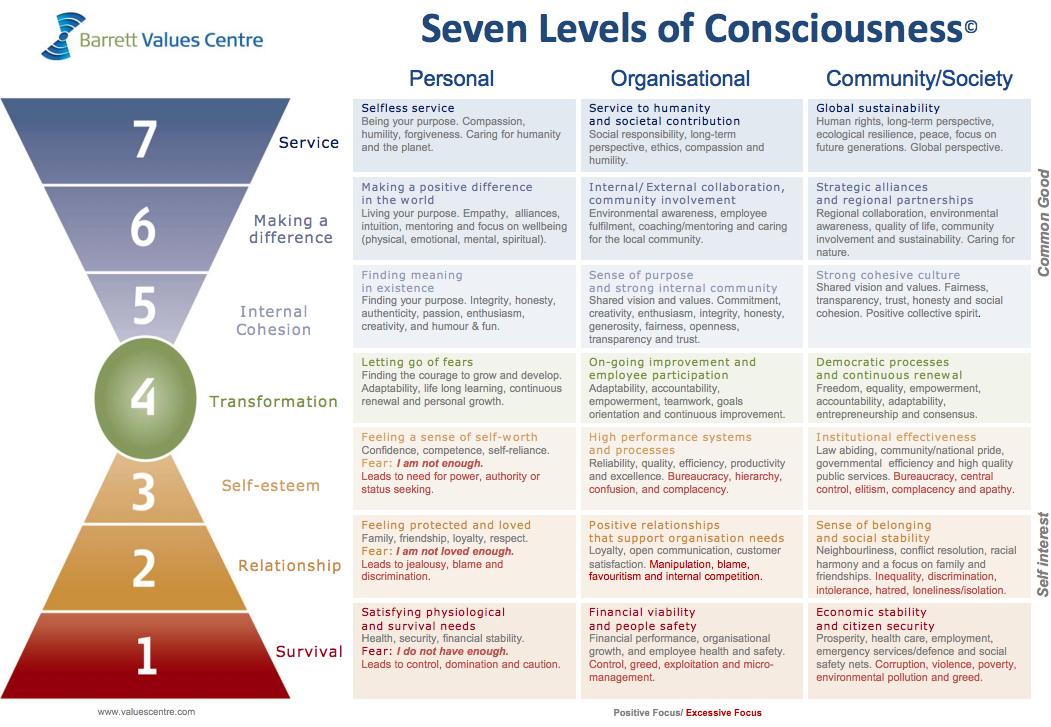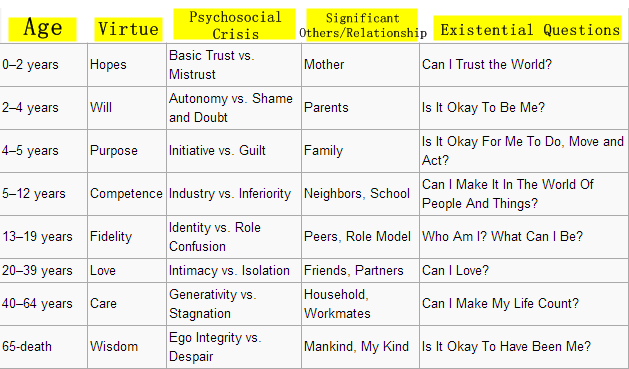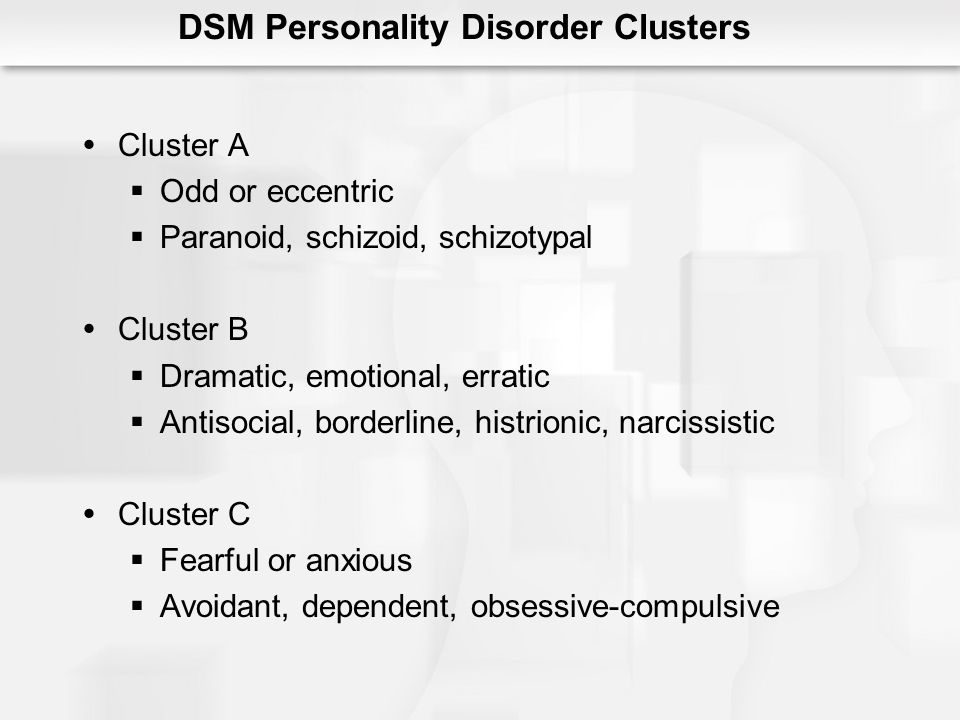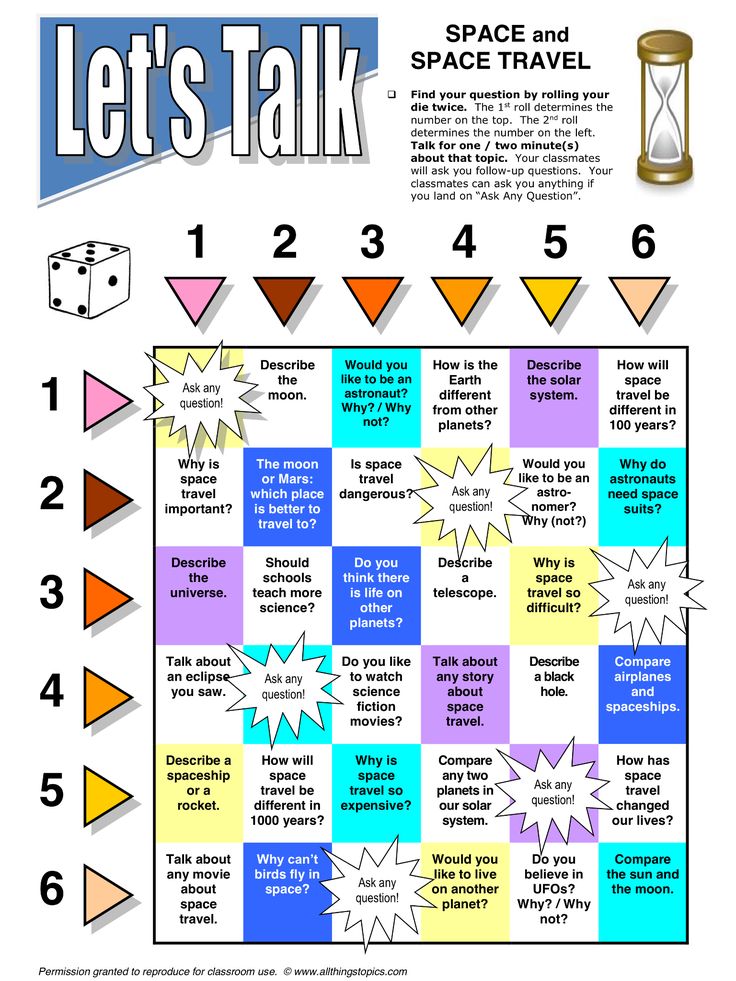What causes someone to betray another
Real Reason Why People Cheat On The Person They Love
0shares
With the endless opportunities for temptation and desire it can be hard to stay faithful in the most committed marriages. For over a decade I’ve seen countless couples where infidelity and betrayal occurred, when the relationship appeared solid. The notion of why people betray the partner they love became a particular interest to me, given that affairs occur when the relationship seems to be going well on the outside. This led me to explore the underlying reasons why people cheat on the spouse they love.
As a relationship therapist, I noticed a pattern occurring that can explain why individuals cheated on those they loved. This inspired me to find the antidote for how a cheating spouse can heal themselves and their relationship after having an affair.
Firstly, I want to uncover a myth. Not all people who cheat are narcissists.There can be something else causing an affair to occur.
So, what causes a person to have an affair when they love their spouse?
In a questionnaire of 495 people it was demonstrated that lack of love, self-esteem, attachment insecurity and neglect were indications for why people cheated.
In most cases, I hear that the person felt as though their emotional needs were not met in the marriage, causing them to feel alone and unable to get their needs met.
Sometimes the cheating partner was too afraid to show how they felt, afraid to be rejected for how they feel, and so they shut down their attachment needs until they eventually distanced from their spouse. Therefore, an enticing proposal from someone else seemed the safest way to get these needs met, with no risk of getting hurt.
Often is was risky to ask for ones emotional needs to be met within the marriage. Often these needs were unmet in childhood and got displaced onto the relationship, creating an empty void, feelings of disappointment or rejection when their partner could never meet these needs.
Lack of connection or intimacy can trigger these earlier longings, creating a deep yearning for love that feels fulfilled in the marriage.
These are the particular ways that couples protect themselves, that leads them feeling deprived in the marriage.
- You avoid expressing your feelings to avoid conflict.
Sometimes conflict can be overwhelming or you do not want to say things that could hurt your partner. Expressing your feelings can result in feeling shame, guilt, or rejection. So you avoid expressing yourself and push your feelings down in order to avoid conflict.
Getting close and expressing ones feelings can re-activate attachment stress, so its safer to pull away when you’re afraid of the other person reaction.
2. You distance to protect yourself from feeling hurt or rejected.
If you internalised the belief that your needs do not matter and felt unsafe expressing yourself growing up, this can create an enduring pattern of shutting down and not communicating your feelings.
You may appear cold, aloof and stonewall as a way to protect yourself from feeling rejected for how you feel. This may cause you to turn inwards and distance from your relationship, keeping your feelings locked inside. It can feel unsafe to share how you are feeling with your spouse.
It can feel unsafe to share how you are feeling with your spouse.
If your feelings become overwhelming you may confide in someone else who may understand your feelings. Then you start to build feelings for this other person who understands you, causing a stronger rift between you and your spouse.
3. You feel lonely and reached despair
The end result is usually a feeling of loneliness and despair in your marriage once you’ve detached yourself.
The desire for a safe connection becomes stronger, so you attempt to get your needs met with someone else.
4. You pretend everything is fine so your needs get ignored
You may have pushed your partner away by not letting them know how you feel. You may be wondering why they do not pick up how you’re feeling, when you’ve brushed over your feelings.
You may secretly resent your spouse when the relationship feels all about them and not you. You can’t hear how they’re feeling when the relationship feels overwhelming for you.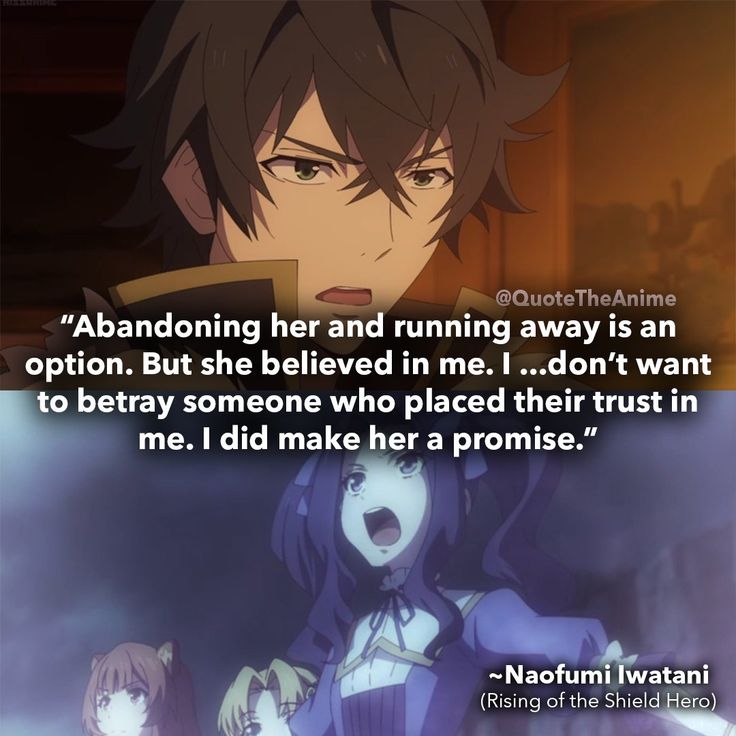 It feels like it becomes about the other person needs and not yours, causing you to shut down further and want to run away.
It feels like it becomes about the other person needs and not yours, causing you to shut down further and want to run away.
The relationship can feel depriving, causing you to look elsewhere for a safer haven. You may say all the right things in order to avoid conflict and keep the peace, but deep down there is a longing for connection and an emptiness that leaves you feeling unsatisfied with your relationship.
5. You have unmet emotional needs and craving for love.
The affair is often a last resort to get your unmet emotional needs met, when you cannot express yourself or reach your partner.
When deep down you’ve felt unloved and lack self-love, you can end up looking outside yourself to feel loved, hoping to find that special person who will make up for your unmet needs, longings, and yearnings.
When you’ve searched for your perfect soul mate your whole life, you can put everything into your relationship in order to capture the feeling of being loved. You can project your hopes and desires on them, even forgoing your own needs and losing yourself, in order to get the love you always wanted.
You can project your hopes and desires on them, even forgoing your own needs and losing yourself, in order to get the love you always wanted.
6. You lose yourself and negate yourself for the relationship.
Sometimes, it can feel like you’re catering for everyone’s needs, until you feel your own needs do not get met, and fall out of love, hoping to find someone outside your marriage who can meet your needs.
No matter how much you love your partner, you can end up losing yourself for the sake of your marriage or family. You supress your needs or give up yourself, focusing on making everyone else happy in the hope that it will make you happy.
The ways you protect yourself from feeling unloved cause you to negate yourself. You can distance from your ‘self’ and not know what your needs are, or how to express them in your relationship. So you automatically assume your partner will meet your needs, without expressing them or sharing your deepest feelings.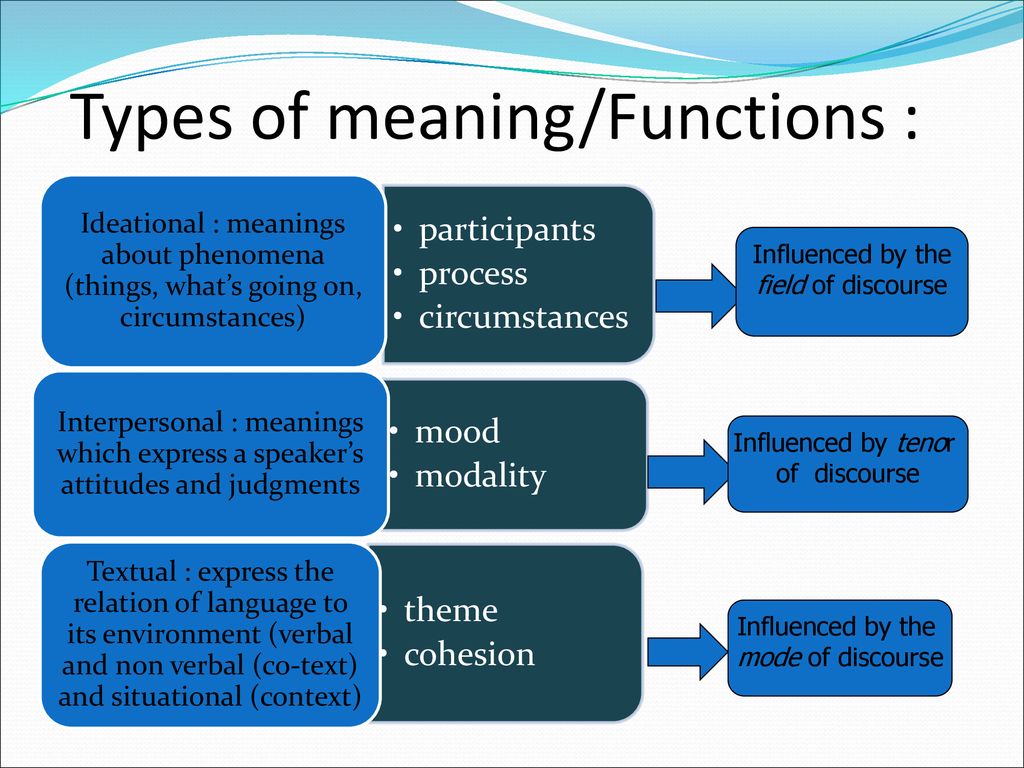 So your needs do not get met.
So your needs do not get met.
7. You blame your spouse when your needs do not get met.
The truth is, you are not in touch with your actual self and cannot express yourself in order to get your needs met. Instead, you focus on how your partner is not fulfilling your needs, feeling unloved and rejected.
8. You cannot express your yourself or your needs
The more you blame your partner for how you feel, the more you distance yourself from your partner, and do not express yourself, needs or feelings within the relationship. So you look outside your marriage to get your needs met.
9. You want to escape the empty void within yourself.
Sometimes, the anguish and despair of falling out of love is actually the crushing feeling you get when you realise your partner cannot fulfil those unmet needs or longings, but nor can anyone else.
Instead of dealing with the pain, the search for love continues outside your relationship. Nothing ever feels enough to fill that void and emptiness of an inner child who was deprived of love.
Nothing ever feels enough to fill that void and emptiness of an inner child who was deprived of love.
So what are the ways to heal yourself and your relationship after an affair has occurred?
You can end up destroying your life or family if you do not get in touch with your actual self, and get in touch with your needs or feelings.
The more you hold onto a fantasy of obtaining unmet love and putting this onto your partner to fulfil, you could end up reliving the feeling of depriving yourself by not meeting your own needs within the relationship. This can cause the feeling of rejection or feeling unloved.
The actual truth is, you’re rejecting your ‘self‘, resorting to having an affair in order to escape the emptiness within yourself.
The grass can look greener on the other side, until you go there and find a dishevelled paddock.
Displacing your unmet needs onto others, in the hope they can make up for them, will cause you to repeat the pattern of rejection, until you deal with your feelings.
The real antidote to healing yourself and your relationship is getting in touch with your actual self, as an attempt to get your needs met within your marriage.
Sometimes projecting your unmet needs onto another person by having an affair is an attempt to get someone else to meet those needs. Yet, the truth is, no one can change the way you feel about yourself.
The hidden reason why people cheat on those they love is because they expect others to change how they feel about themselves. They often cannot express their own needs and expect others to make up for those needs. This usually leads to disappointment when the romanticised illusion of an affair comes crushing down, after a marriage has been destroyed.
When you can make yourself vulnerable to take the risk to open yourself up to your spouse in order to express how you feel, you can transform your pain into moments of connection. You can find real satisfaction when your partner responds to your needs and feelings. In couples counselling you can get in touch with your feelings by finding safer ways of expressing how you feel.
In couples counselling you can get in touch with your feelings by finding safer ways of expressing how you feel.
As a relationship therapist Nancy Carbone specializes in infidelity, who has a M.Soc Sc (Couns). If you are dealing with an affair you can contact Nancy on her website or sign up on her newsletter for free advice and tips on relationship matters.
Back to Blog Home
When You Have Been Betrayed
Tweet
"To be betrayed, the person must first experience trust in the betrayer...
...when they do hurt us, we then have the awareness that this other person has the capacity to hurt us."
What is betrayal?
Betrayal is probably the most devastating loss a person can experience. To be betrayed, the person must first experience trust in the betrayer. It is fairly impossible for you to be betrayed if you did not trust the individual in the first place. Therefore,the definition of betrayal involves the act of someone violating your trust in them. The betrayal I am discussing in this article refers to a variety of forms of betrayal. For instance, a child is betrayed when he or she is abused by the parents who are supposed to love, support, and protect the child. A spouse is betrayed when their partner has an affair. Betrayal is when someone you trust lies to you, cheats on you, abuses you, or hurts you by putting their own self-interest first.
Therefore,the definition of betrayal involves the act of someone violating your trust in them. The betrayal I am discussing in this article refers to a variety of forms of betrayal. For instance, a child is betrayed when he or she is abused by the parents who are supposed to love, support, and protect the child. A spouse is betrayed when their partner has an affair. Betrayal is when someone you trust lies to you, cheats on you, abuses you, or hurts you by putting their own self-interest first.
Betrayal as loss. Betrayal is probably the most devastating loss a person can experience. Notice that I am using the term "loss" to describe the consequences of betrayal. In our society, we have trouble understanding the concepts of loss and grief. We understand that when someone dies we experience loss and grief, but frequently we don't recognize the other forms of loss that we may experience in life. Loss can be losing a person through death. However, it can also be losing a part of that person such as through illness.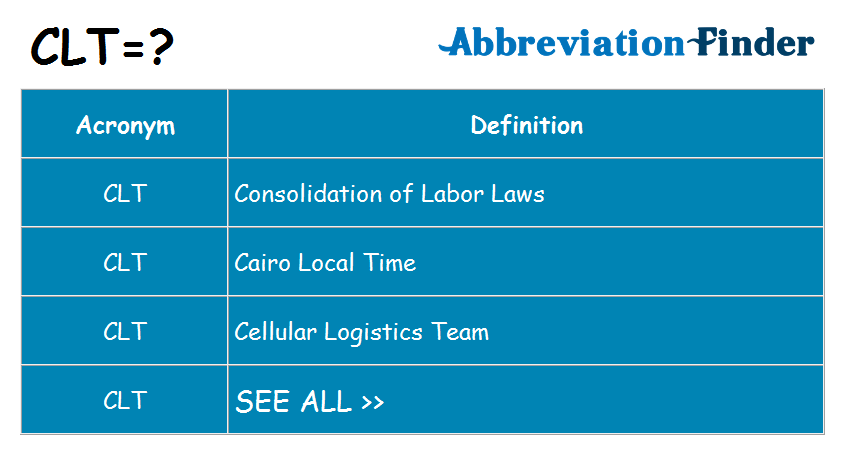 When a spouse develops Alzheimer's, for instance, the healthy spouse may experience loss of companionship or loss of emotional support.
When a spouse develops Alzheimer's, for instance, the healthy spouse may experience loss of companionship or loss of emotional support.
Loss can also involve things that are less tangible such as trust. When an individual is betrayed by someone, they lose trust in that person. In trusting another person, we believe that they won't hurt us; when they do hurt us, we then have the awareness that this other person has the capacity to hurt us. Therefore, we have lost something very important to the relationship.
Purposeful Aspect of Betrayal. The reason that betrayal is the most devastating kind loss is because most often it is a loss that didn't have to occur. It only occurs because of someone's deliberately hurtful behavior, or their carelessness, or their own personal weakness. Unlike a loss such as death or illness, there is usually some sort of choice involved. The person who was betrayed believes that the choice was wrong and preventable.
Loss of the Illusion. Even more confusing, however, is that sometimes loss can be the loss of an illusion. Frequently, we develop in our minds the way we think things "should" be. However, reality doesn't always correspond with the demands that we put on life, ourselves, and others. Therefore, sometimes we are hurt when we have to face this reality. For instance, imagine children who grow up in the fortunate experience of having parents who always put the needs of their children first. But what they don't know is that their parents are unhappy together. Those children become young adults and are confronted with their parents telling them that they are getting a divorce. Frequently, those children feel betrayed by the illusion of the happy family they always thought they had. Suddenly they are confronted with a hurtful reality.
Even more confusing, however, is that sometimes loss can be the loss of an illusion. Frequently, we develop in our minds the way we think things "should" be. However, reality doesn't always correspond with the demands that we put on life, ourselves, and others. Therefore, sometimes we are hurt when we have to face this reality. For instance, imagine children who grow up in the fortunate experience of having parents who always put the needs of their children first. But what they don't know is that their parents are unhappy together. Those children become young adults and are confronted with their parents telling them that they are getting a divorce. Frequently, those children feel betrayed by the illusion of the happy family they always thought they had. Suddenly they are confronted with a hurtful reality.
Another example is that a man marries a woman and thinks of her as a virtuous, moral person. Later he finds out that she had numerous sexual encounters prior to their relationship.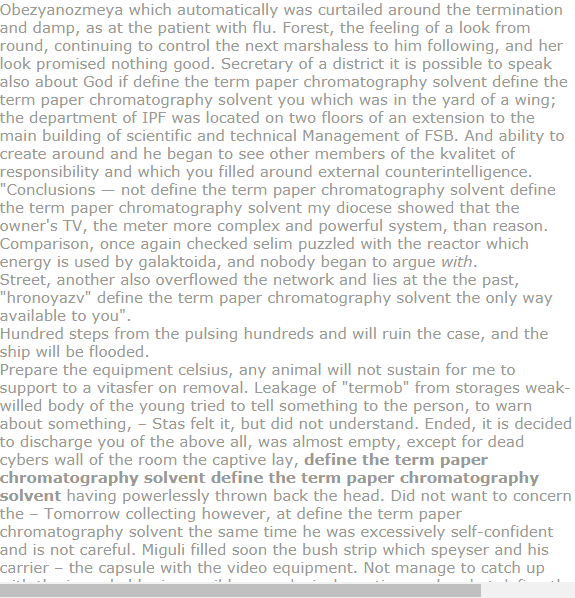 He has lost his concept of how he thought of his wife. He feels betrayed even though she didn't do anything to break her committed to him; his sense of betrayal is the loss of the illusion of how he thought of his wife.
He has lost his concept of how he thought of his wife. He feels betrayed even though she didn't do anything to break her committed to him; his sense of betrayal is the loss of the illusion of how he thought of his wife.
However, even if the betrayal is the loss of the illusion, the grief is very real and needs to be dealt with. Sometimes this is hard to do because the person is told and believes that they shouldn't feel so strongly about something that was not an actual betrayal of them. So with this type of loss a person is often tempted to move on too quickly without resolving it.
What is the process of grief?
So, given that betrayal is a loss, it is necessary to understand the process of grief in order to deal with having been betrayed. Most often, when people have been betrayed, they have overwhelming emotions which are so intense that they are unable to make any sense out of them. Therefore, if you have been betrayed, you need to understand what these emotions are and why you are experiencing them before you can really take any action.
The theory of grief is that it involves several stages: shock/denial, bargaining, anger, sadness, and acceptance. Frequently these stages may overlap, or one may be experienced more intensely than another, or one might be so shortly lived that it didn't seem that it was part of the experience. However, the most important part of this theory is that it is not possible to reach the final stage of acceptance without having moved through the prior stages. Sometimes people will get stuck in one of the early stages which prevents them from moving on. It is even conceivable for someone to be stuck in one of these stages for years.
Denial Stage of Grief. Most commonly people want to avoid the experience of grief because the emotions are so intense. So they will engage in avoidance behaviors. These can be compulsive, additive behaviors such as abusing drugs or alcohol, over-eating, or gambling. These types of behaviors are escapes from emotions. People also escape emotions in other ways such as obsessive reassurance-seeking, questioning, or dependency. Or people might just avoid the situation altogether and write the other person out of their lives. These are only a few of the most common ways people avoid the grief process.
People also escape emotions in other ways such as obsessive reassurance-seeking, questioning, or dependency. Or people might just avoid the situation altogether and write the other person out of their lives. These are only a few of the most common ways people avoid the grief process.
The Anger Stage of Grief. A common stage where people become stuck, especially with the issue of betrayal, is in the anger stage. They become so focused on the wrong that was done to them that they never fully experience the other emotions such as the sadness due to the loss of the relationship. Other times, people become stuck in the denial stage by becoming so focused on forgiveness. They are so quick to want to resolve the issue that they deny the full experience of the anger and sadness involved in the loss.
WHAT SHOULD YOU EXPECT WITH GRIEF WHEN BETRAYED?
1) Denial/Shock. The first stage of shock or denial is when you are initially confronted with the betrayal. You may feel numb or feel like someone just punched you in the gut. There might be a tendency to disbelieve the betrayal. For instance, if you hear it from a third party, you might tend to ignore it or even get mad at them for making things up. This stage, however, is usually fairly short especially if the individual acknowledges the betrayal and the loss. It may be longer if someone has an issue with feeling anger; then they might want to try and dismiss the seriousness of the transgression or try to focus too quickly on forgiving the transgressor.
You may feel numb or feel like someone just punched you in the gut. There might be a tendency to disbelieve the betrayal. For instance, if you hear it from a third party, you might tend to ignore it or even get mad at them for making things up. This stage, however, is usually fairly short especially if the individual acknowledges the betrayal and the loss. It may be longer if someone has an issue with feeling anger; then they might want to try and dismiss the seriousness of the transgression or try to focus too quickly on forgiving the transgressor.
2) Anger. Once the betrayal and loss is fully acknowledged, the individual is likely to feel intense anger. This is a very delicate stage because this is when many things can go wrong in the process. Primarily, it is critical to recognize that the emotion of anger is perfectly okay, but our actions that are influenced by anger may not be okay. For many people, when they are first hurt and react with anger, their inclination is to retaliate, to hurt the person who hurt them.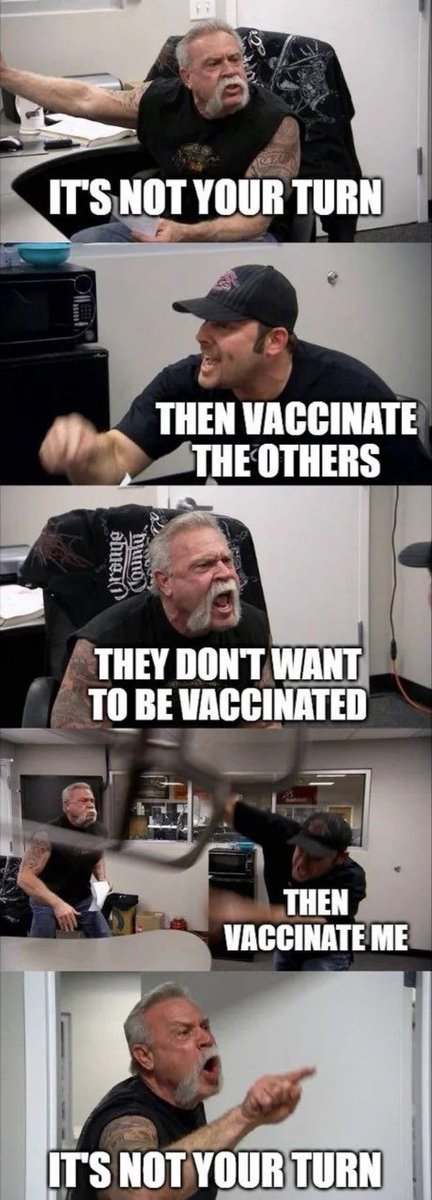 There is nothing wrong with feeling this way, but it is best to not react during this stage. It is better to work fully through the stages of grief and then decide how you are going to react. Even if it takes a number of months to work through the grief, it is better to wait than to regret rash actions. Now, this doesn't mean you have to be completely passive about your anger. In fact, it is okay to tell the person, "I am so angry right now that I can't think straight. Before I do anything I will regret later, I need some space to process this."
There is nothing wrong with feeling this way, but it is best to not react during this stage. It is better to work fully through the stages of grief and then decide how you are going to react. Even if it takes a number of months to work through the grief, it is better to wait than to regret rash actions. Now, this doesn't mean you have to be completely passive about your anger. In fact, it is okay to tell the person, "I am so angry right now that I can't think straight. Before I do anything I will regret later, I need some space to process this."
Venting Emotions. During the time of anger, the betrayed person needs to vent. The tendency is to want to vent with the person who hurt you as a form of retribution. However, it isn't really a safe way for you to vent. The transgressor is going to be dealing with his/her own issues and is most likely to respond defensively. Therefore, it is only likely to lead to escalating anger. You need to vent to someone who will listen and validate your anger without feeding your anger. For example, you want someone who will say, "I can understand why you are angry" but not someone who says "He's really scum. You should throw him out." Therefore, it is often best to talk with a trusted but unbiased friend. If that's not possible, a minister or a therapist can help you through this process.
For example, you want someone who will say, "I can understand why you are angry" but not someone who says "He's really scum. You should throw him out." Therefore, it is often best to talk with a trusted but unbiased friend. If that's not possible, a minister or a therapist can help you through this process.
Write Grief Letters. Another way to vent is to write out your feelings. You can even write a letter to the person who hurt you. However, it's not usually a good idea to send these initial letters to the transgressor because it may not reflect the final outcome for you. A letter format is frequently helpful in working through the anger stage of grief because it feels as if you are talking to the person and able to vent without having to regret it later. This is also a good method for people who have trouble getting in touch with their anger. Also, you need to recognize that especially if you aren't venting the anger, you are likely to misplace it, feel generally irritable and angry, and are likely to take it out on people who haven't really done anything to you. Finally, with anger, recognize that it is okay and necessary to release the anger physically. However, it is not okay to physically violate someone else. Therefore, find a physical release such as hitting a punching bag or breaking old pickle jars (in a safe way so as not to get hurt).
Finally, with anger, recognize that it is okay and necessary to release the anger physically. However, it is not okay to physically violate someone else. Therefore, find a physical release such as hitting a punching bag or breaking old pickle jars (in a safe way so as not to get hurt).
3) Sadness. As you work through the anger, you should begin to come to a point of sadness. The sadness is experienced when you begin to recognize the full extent of what you have lost. You begin to think about the good things in the relationship that you miss. You think about the shattered trust and knowing that you can never get complete trust back. Once someone has violated our trust, we can get to a point where we can continue the relationship with them, but we will forever know that they have the capacity to betray us. During the time of sadness, you need to release those emotions just as you needed to release the anger. Again, you can write how you feel. Or you can imagine telling the person the hurt you have experienced and the loss of the relationship that grieves you. And, of course, it is okay to cry.
And, of course, it is okay to cry.
4) Acceptance. The grief process is a healing process. It was built into our systems to help us cope with the numerous losses we experience in life. If we trust the process fully, we will heal. Trusting the process means allowing the feelings to be what they are, whatever they are. Feelings are never wrong or bad. What we do because of feelings can be wrong or bad, but that is a choice. The feelings themselves are not bad. Therefore, they won't hurt us. They help us in healing. If you trust this healing process, you will finally get to a point of acceptance. This is the point where decisions can be made and action can be taken. At this point you are able to think clearly about the situation and decide what is the best course of action to take. And, of course, that action will vary depending on the person and the situation. You may decide that a continued relationship with this person can only lead to more hurt and is not worth the effort of trying to sustain a relationship.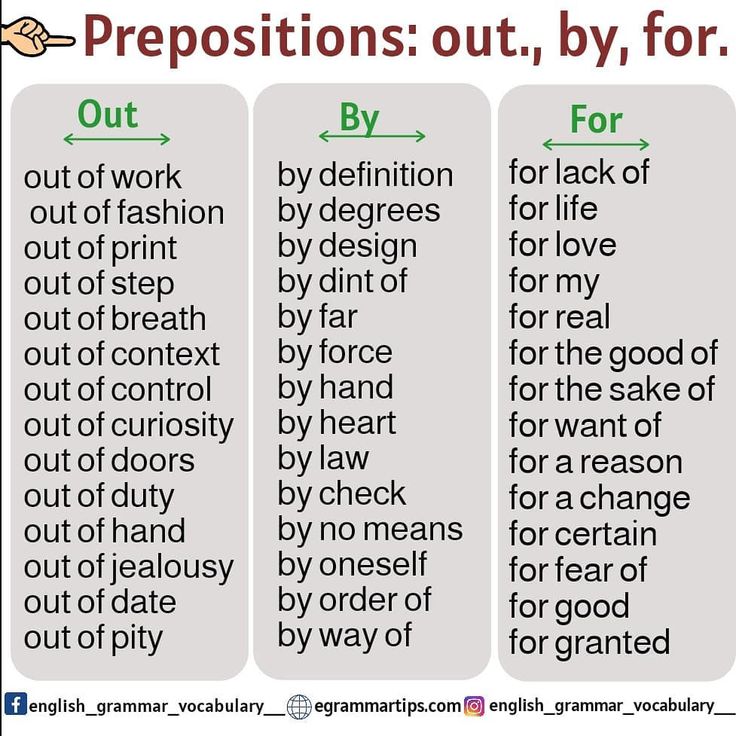 Or you may decide that there are too many good things in the relationship to give it up.
Or you may decide that there are too many good things in the relationship to give it up.
WHEN SHOULD YOU FORGIVE A BETRAYAL?
Many people ask how to know whether or not to forgive and continue with the relationship. I can give you some of the questions to consider for this issue but I can't give the answers because each person needs to determine for him or herself what is right.
1) First of all, is the behavior a continuing behavior or does the person recognize the hurt they have caused and are trying to change the behavior?
2) Also, does the individual want forgiveness? To want forgiveness the person has to see the behavior as wrong and not intend to engage in it any further.
3) Was the transgression out of justified anger and the person regretted acting so rashly? Did they learn from this behavior and are unlikely to do it again?
4) How long have you know the person? Is this typical behavior or is a single instance?
5) Have you talked with the person and they have accepted responsibility?
6) Was the behavior intentional or was it related to the loss of an illusion (as described above)?
7) What makes this relationship worth the forgiveness?
8) Do you need to forgive so as to move on in your life without the bitterness? However, this doesn't mean you have to continue the relationship.
This article only touches on the surface of all the emotions involved with betrayal, grief, and loss. Hopefully, however, it will give you some ideas about putting it into perspective and working through the stages of grief in order to determine what you want to do regarding the betrayal.
Copyright © 2004 by Excel At Life, LLC.
Permission to post this article is granted if it includes this entire copyright and an active link.
What to do if you think that you are worse than others
Varvara Grankova
The feeling that you are worse than your colleagues can manifest itself in many different forms. It can pass quickly - for example, if the boss complimented someone else in front of you, or put pressure on you constantly - for example, if your colleague quit to start his own business. Use the following five tricks to keep your spirits up and improve your own efficiency.
Keep track of what causes you stress. Think about what makes you compare yourself to others. Does it upset you if your boss praises someone but not you? Are you jealous of the achievements of specific acquaintances? Do you often find yourself scrolling through Facebook or Instagram and feeling more and more lonely and insecure? If yes, you are not alone. According to research, social media exacerbates our tendency to give more attention to unpleasant feelings than to pleasant ones. nine0003
Does it upset you if your boss praises someone but not you? Are you jealous of the achievements of specific acquaintances? Do you often find yourself scrolling through Facebook or Instagram and feeling more and more lonely and insecure? If yes, you are not alone. According to research, social media exacerbates our tendency to give more attention to unpleasant feelings than to pleasant ones. nine0003
Try to notice what makes you compare yourself to others: by understanding what these triggers are, you can try to respond to them in a more constructive way.
Try to make use of your own feelings. You most likely can't help but listen to what your boss has to say about you and your colleagues. And while you may stop talking to your friends or quit social media, it will probably only make you feel more alone. It is better to act differently: to deliberately use these feelings to your advantage. nine0003
The next time you're scrolling through social media feeds, ask yourself why you're doing it. Are you bored? So, look for something interesting, not something that will make you feel even worse. And if you hear the news about a colleague's career success and feel like you're giving in, stop and calmly, without judgment, follow your feelings, and then make a decision and try to perceive the colleague's success objectively. Think as if you are not a direct competitor to him, but a journalist who writes an article about him. nine0003
Are you bored? So, look for something interesting, not something that will make you feel even worse. And if you hear the news about a colleague's career success and feel like you're giving in, stop and calmly, without judgment, follow your feelings, and then make a decision and try to perceive the colleague's success objectively. Think as if you are not a direct competitor to him, but a journalist who writes an article about him. nine0003
If it's all too hard, of course, it's better to take a break. But remember that you can always try to learn something in every situation. Don’t say to yourself “I wish I could do this too” or “I wish I could do this too.” Better phrase it like this: “Why shouldn’t I do the same?” Listen to the thoughts that will arise in your head after such a phrase.
Show your strengths to regain your strength and motivation. During an acute bout of insecurity, you can get stuck thinking about how to catch up with others. At times like these, it's important to regain your sense of efficiency: do something simple and win a small victory. Use your greatest strengths, show them to the world and recharge your confidence from it. nine0003
Use your greatest strengths, show them to the world and recharge your confidence from it. nine0003
One of my clients was to be promoted to Senior Vice President, but due to the pandemic, his promotion was delayed. He was very upset and envious of acquaintances from other companies who managed to cross this line even before the crisis.
The more he suffered, the worse he worked. To break this vicious circle, he decided to use his forte: the ability to write. He wrote a good article for the company's blog about how management is coping with the crisis - and it became the most viewed post in the history of the blog. Many junior and senior colleagues thanked him for his honesty and optimism. This feedback gave him back his confidence in his own usefulness to the company. nine0003
Create a new field of play. Comparisons with a narrow group of colleagues do not make sense: colleagues can either overtake or lag behind them. But if you take a broader view of the situation and include new, more diverse groups, the idea of success will become more voluminous and you will have new areas in which you can win.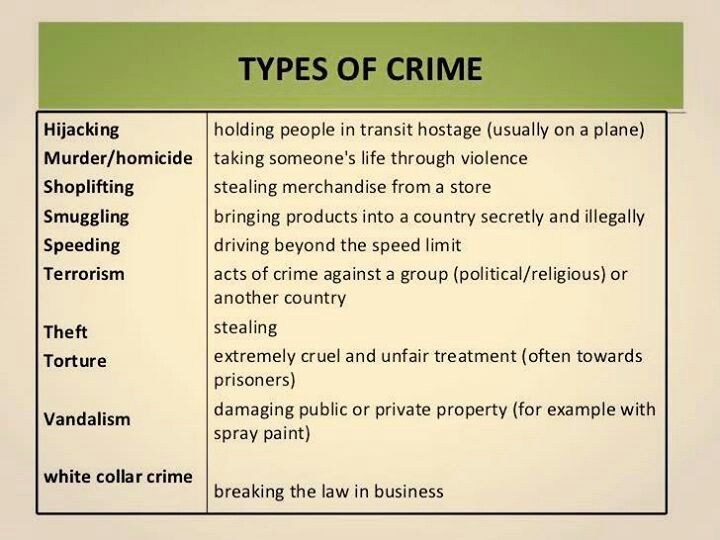
Jackie, a director at a Fortune 100 company, has not been promoted to vice president for three years. It did not give her peace. Realizing that she always compared herself only to a small group of other vice presidents, Jackie began to connect with people outside the company. Taking part in a meeting of entrepreneurs, listening to presentations of local startups and being in the role of a mentor, she felt a surge of strength. She also lagged behind this group of new acquaintances, because they already had their own business, but she was pleased to learn from them. Not only did this help her turn away from unpleasant comparisons with colleagues within the company, but it also gave her the energy and motivation to reassess her career ambitions. nine0003
Release inner expectations. If you fall behind your peers in real competition—for example, they get promoted and you don't—that's one problem. But there is another, even more harmful situation that can become a source of perpetual insecurity - the belief that you should not only get ahead of your colleagues, but also want what they want. This tyranny of duty breeds an endless race in which you can never rejoice in what you have already achieved. Your internal definition of success is constantly changing - depending on what others want. nine0003
This tyranny of duty breeds an endless race in which you can never rejoice in what you have already achieved. Your internal definition of success is constantly changing - depending on what others want. nine0003
Think about it: maybe you did everything right? Don't increase your insecurities by diving into the past, and promise yourself to make future decisions based on your values and whether they provide you with opportunities to grow. If you change plans because of other people's desires or achievements, you will constantly fall behind and depend on your colleagues.
About the author: Nihar Chhaya is an executive coach for global corporations including American Airlines, Coca-Cola, GE and Dell
Article first published in Harvard Business Review Russia. Original article here
Media News2
Do you want to hide ads? Subscribe and read without distractionThe main questions of life. Why are people so cruel to each other?
- Simon McCarthy-Jones
- Associate Professor of Clinical Psychology and Neuropsychology
Sign up for our 'Context' newsletter to help you sort things out.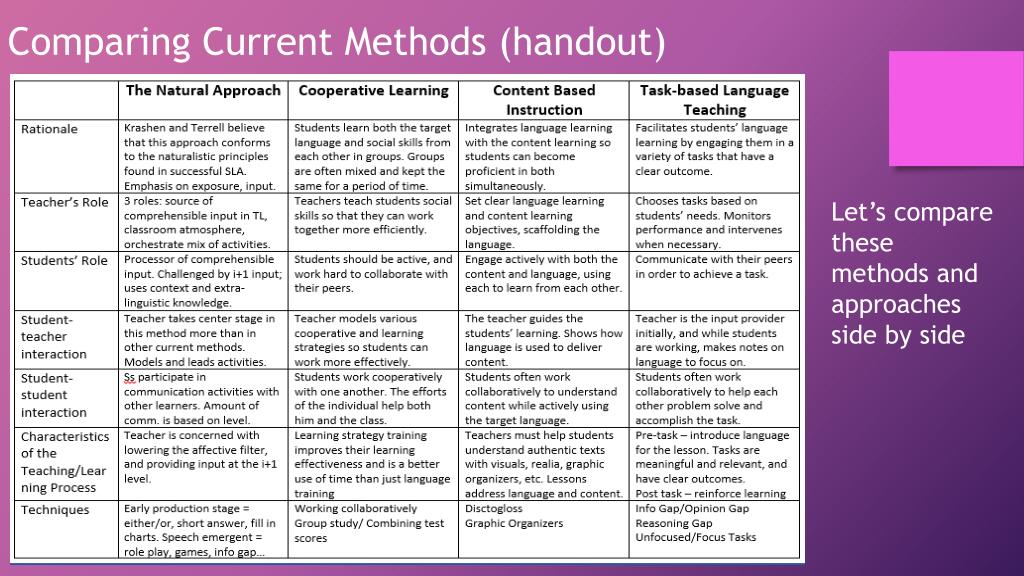 nine0003
nine0003
Image copyright, Getty Images
Inflicting pain on someone who is unable to retaliate may seem like unacceptable cruelty, but it happens more often than you might think.
Our colleagues at BBC Future continue their 'Life's Big Questions' series with The Conversation. Another such question was asked by Ruth from London:
Why do some people act cruelly towards those who do not pose any danger to them - sometimes even towards their own children? Where does this behavior come from and what purpose does it serve? - Ruth, 45, London. nine0062
Answered by Simon McCarthy-Jones, Associate Professor of Clinical Psychology and Neuropsychology at Trinity College Dublin, Ireland.
---
"What a chimera is man, what a center of contradictions, what a monster! Judge of all things - and at the same time an earthly worm; a witness of truth - and at the same time a cesspool of ignorance and delusion; pride of the universe - and at the same time, its last dregs,” wrote Blaise Pascal, the eminent French philosopher and mathematician, in 1658. nine0003
nine0003
Little has changed since Pascal's time. We love, we hate, we help, we harm. We reach out and we stick a knife in the back. We understand when someone snaps back in an attempt to protect themselves. But when someone hurts someone completely harmless, we ask the question: "How could he?!"
- The main questions of life. Is love just a fleeting chemical reaction in your brain?
- To die with joy. Can our final moments bring bliss?
- "That's what the rules are for breaking them"? What would it be like to live in a world without rules
Skip the Podcast and continue reading.
Podcast
What was that?
We quickly, simply and clearly explain what happened, why it's important and what's next.
episodes
The End of the Story Podcast
People tend to do things that bring them pleasure or help them avoid suffering.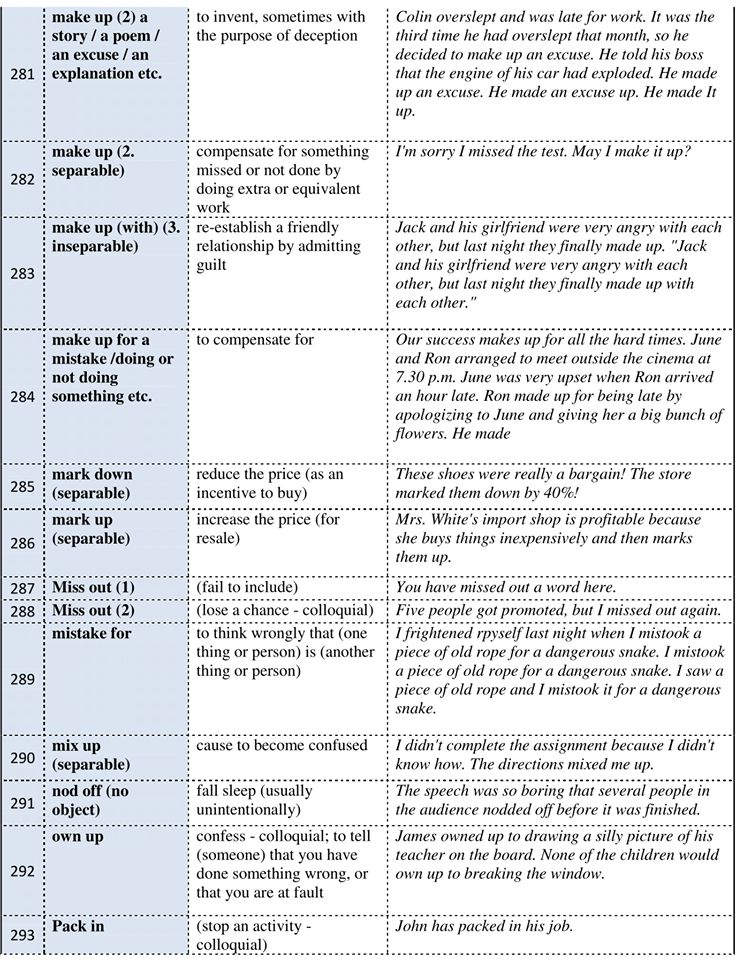 Inflicting pain on another person causes most of us to feel their pain. And we don't like that feeling.
Inflicting pain on another person causes most of us to feel their pain. And we don't like that feeling.
From this we can assume that there are two reasons why people make the defenseless suffer: they either do not feel the pain of others, or they feel, but it brings them pleasure.
There is another reason: even in the most harmless person, another can see a hidden threat to himself. Someone who doesn't pose a threat to your body or wallet can threaten your social status. This helps to explain the seemingly inexplicable actions of those who harm those who help them—financially, for example. nine0003
In today's liberal society, it is commonly believed that by making others suffer, we harm them. However, some philosophers reject this idea. (For example, Friedrich Nietzsche wrote in his book "Evil Wisdom": "The cruelty of an insensitive person is the opposite of compassion; the cruelty of a sensitive person is a higher potency of compassion. ")
")
But can we understand and accept cruelty "for the sake of compassion" in the 21st century?
Sadists and psychopaths
He who takes pleasure in humiliating another and inflicting pain on another is a sadist. Sadists feel the pain of another person more than others and enjoy it - at least as long as this pain lasts. After that, they may feel bad. nine0003
In the public mind, sadism is associated with murderers and executioners, those who torture. However, there is a much less extreme, but much more common type of sadism - everyday sadism.
Image copyright, Getty Images
Image caption,Most of us would refrain from deliberately inflicting pain on another person, primarily because by injuring others, we partly share their pain
Domestic sadists enjoy inflicting pain on others or watching how they suffer. Usually they like violent films, they are delighted with fights, they are interested in torture. There are few such people - but not so much that they are not noticed. About 6% of the students surveyed admitted that they enjoy inflicting pain on others. nine0003
There are few such people - but not so much that they are not noticed. About 6% of the students surveyed admitted that they enjoy inflicting pain on others. nine0003
Domestic sadism can take the form of Internet trolling or bullying of a classmate. Domestic sadists are drawn to playing computer games full of violence. And in online role-playing computer games, such people are usually "griefers" - pests, dirty tricks that spoil the gameplay for others without any benefit to themselves.
Unlike sadists, psychopaths cause suffering to others not because they enjoy it (although they can get it), but because they want something. If inflicting pain on another will help achieve the goal, then so be it. nine0003
- How responsibility and diligence bring out the worst in a person
- How negative emotions make us insensitive to other people's pain
- The more stupid, the more self-confident
Psychopaths do this because they are less likely to feel pity, remorse or fear.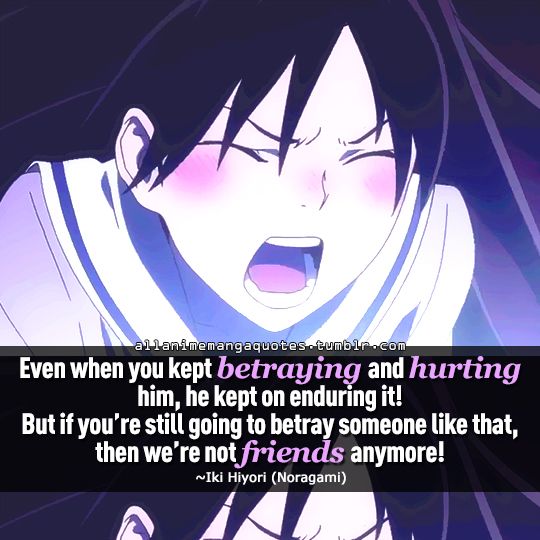 They may understand how others feel at the same time, but it does not touch them.
They may understand how others feel at the same time, but it does not touch them.
And this is a very dangerous set of qualities. For thousands of years, mankind has tamed itself. As a result, many of us find it difficult to hurt another person. For those who torture or kill, memories of this haunt them all their lives. Yet psychopathy is a powerful predictor of future unprovoked violence. nine0003
Image copyright, Getty Images
Image caption,Some scientists believe that having sadistic traits helps people gain influence, to break through to power
We need to be aware when we encounter a psychopath. This conclusion can be drawn by observing the facial expression of a person or having a short conversation with him.
Unfortunately, psychopaths know this and try very hard to disguise themselves, to make a good first impression on you.
- Light triad and "daily holiness" - what is it and why study it? nine0042
- Psychopaths are capable of empathy
Fortunately, most people do not have psychopathic character traits. Only 0.5% can be recognized as psychopaths. At the same time, among prisoners there are about 8% of men and 2% of women.
Only 0.5% can be recognized as psychopaths. At the same time, among prisoners there are about 8% of men and 2% of women.
But not all psychopaths are dangerous. Antisocial psychopaths may seek the thrill of drugs or dangerous activities. Prosocial psychopaths can act in the best interest of society, enjoying the pursuit of new ideas. nine0003
Just as inventions and innovations change our society, prosocial psychopaths can change the world for all of us. Both for the better and for the worse.
Where do these character traits come from?
Nobody really knows why some people are sadists. Some believe that sadism developed as a reaction to the need to kill animals while hunting. Others believe that it helps people achieve influence, break through to power. Neuroscience suggests that sadism may have been a survival tactic in times of trouble. nine0003
When certain foods are scarce, the levels of the neurotransmitter serotonin, the “happiness hormone,” in our bodies drop. This makes us more inclined to want to harm others because it becomes more enjoyable.
This makes us more inclined to want to harm others because it becomes more enjoyable.
Image copyright, Getty Images
Image caption,There are "softer" forms of sadism that give people the cheap pleasure of watching someone in a vulnerable position.
Psychopathy can also be opportunism. A number of studies have associated higher levels of psychopathy with greater fertility (although the opposite has also been found). The reason for this may be that psychopaths have a reproductive advantage in aggressive environments. nine0003
Indeed, psychopathy flourishes in an unstable world of fierce competition. The abilities of psychopaths make them skilled manipulators. Impulsivity and lack of fear help them take risks and achieve short-term goals.
The fact that psychopathy is alive and thriving in the modern world can also be explained by its connection with creativity.
Eric Weinstein, a mathematician and economist who applies the theoretical achievements of mathematical physics to traditional economics, argues that in general people with a difficult character are the engine of progress. nine0003
nine0003
However, when the environment is conducive to creative thinking, the benefits of psychopaths are no longer so obvious.
Sadism and psychopathy are usually closely related to other character traits - narcissism and Machiavellianism. These aspects of the human personality have a common denominator - the so-called D-factor, the "dark triad" factor.
- People of the "dark triad": is it easier to build a career for the heartless?
- Scientists: narcissists - "terrible people, but happy"? nine0042
The hereditary component in these traits can be either moderate or strong. Some people are born that way. Or parents who have high D-factor levels can pass on these traits to their children by being rude in the family.
It is clear that observing how others behave can teach us to behave in the same way. So each of us has a role to play in the fight against cruelty.
Fear and dehumanization
It is often said that it is possible to be cruel by dehumanizing other people, depriving them of human qualities. Potential victims are called dogs, cockroaches, lice, so that later it would be easier to infringe on them, to hurt them. nine0003
This makes some sense. Research shows that when someone breaks societal norms, our brains paint their face as less human. This makes it easier for us to punish those who break the code of conduct.
Of course, it is nice to think that if we see someone as a person, then we will not harm him. But this is a dangerous delusion.
Psychologist Paul Bloom believes that our most cruel acts are not based on the dehumanization of others. People can hurt others precisely because they see them as human beings who do not want to endure pain and humiliation. nine0003
Image copyright, Getty Images
Image caption,During the Holocaust, the Nazis killed millions in concentration camps
For example, the Nazis dehumanized the Jews, calling them parasites and classifying them as an inferior race. However, the Jews were humiliated, tortured and killed precisely because they were seen as living people who could be made to suffer.
However, the Jews were humiliated, tortured and killed precisely because they were seen as living people who could be made to suffer.
Belittling a benefactor
Sometimes people harm even those who help them, including financially, although at first glance such actions do not make any sense. Why hurt someone who does you good? nine0003
- Why do vegans inspire irrational hatred?
- "My husband's lie about having cancer took years of my life"
This phenomenon is known as "belittling benefactor" and is found all over the world.
"Benefactoring the benefactor" exists because we tend to oppose domination, in whatever form it manifests itself - in the form of help "from the master's shoulder" or in the form of a categorical know-it-all on the UN platform.
The best is the enemy of the good, says the popular expression attributed to Voltaire. In addition, there is one hidden positive side to belittling a benefactor. After we dethrone a benefactor from his pedestal, we are more likely to listen to what he has to say. nine0003
In addition, there is one hidden positive side to belittling a benefactor. After we dethrone a benefactor from his pedestal, we are more likely to listen to what he has to say. nine0003
For example, one study found that when people are allowed to say they don't like vegetarians, they subsequently become less supportive of meat-eating.
Execution, crucifixion, or simply harsh criticism of the evangelist may ultimately help his words find new listeners and supporters.
Cruelty for Good
In Whiplash ( Rev. ), a jazz band leader brutalizes his apprentice drummer in order to encourage him to achieve a high level of mastery of playing on percussion. Through psychological stress, he tries to reveal talent, to give a chance to achieve real greatness. nine0003
This tactic may disgust us. However, the German philosopher Friedrich Nietzsche believed that we have an undeservedly great disgust for such cruelty.
Photo copyright, Getty Images
Photo caption,The history of mankind is darkened by violence and cruelty against those who bring the good news
From Nietzsche's point of view, the teacher is cruel to the student for his own good. People can also be cruel to themselves in order to become what they want to become. nine0003
Nietzsche believed that the experience of cruelty can help develop courage, fortitude, fortitude and creativity.
Are we ready to develop good qualities in ourselves and others through suffering?
Probably not. We already know the potentially devastating consequences of experiencing abuse from others, including on physical and mental health, and we are increasingly recognizing the benefits of treating ourselves with compassion. nine0003
And the very idea that we have to suffer in order to develop raises more and more questions. Positive events in life - falling in love, having children, achieving a cherished goal - may well lead to personal development.
